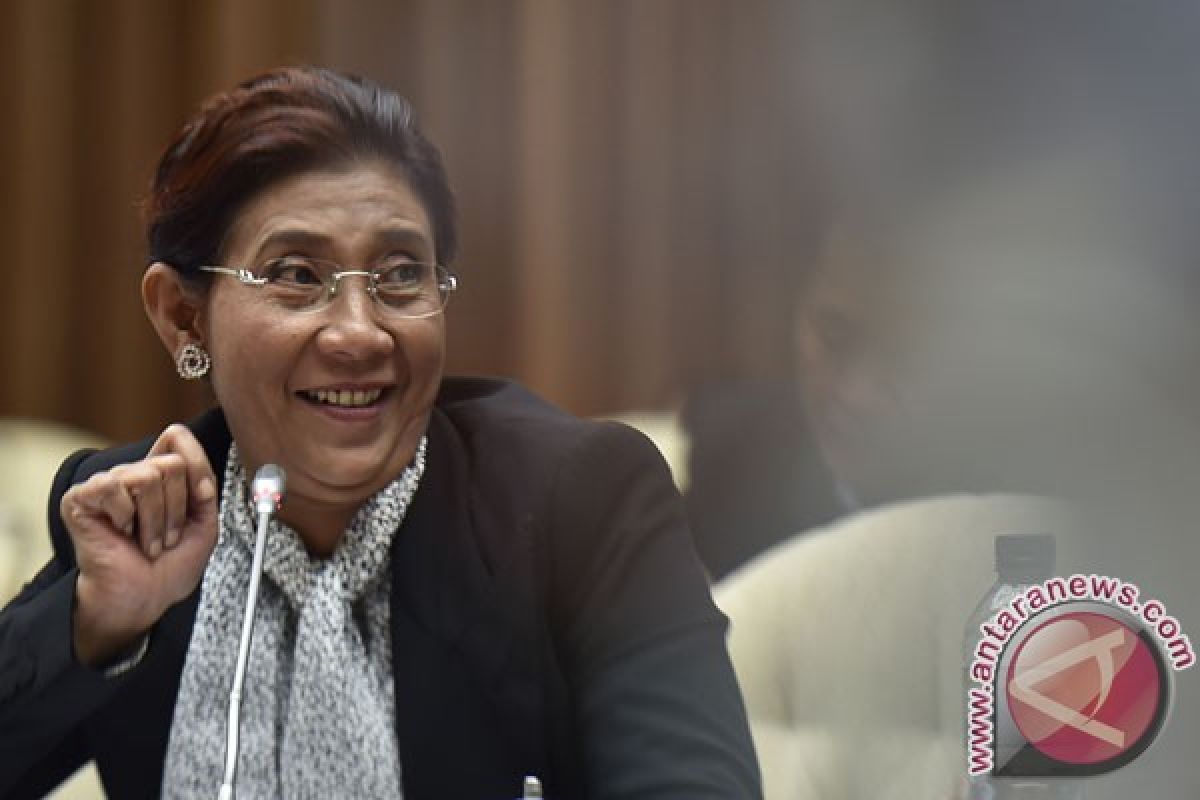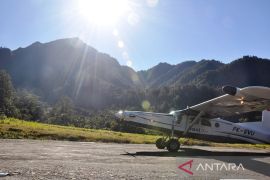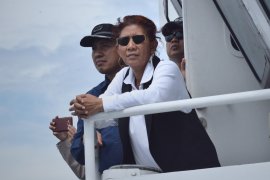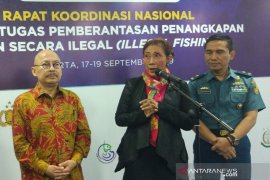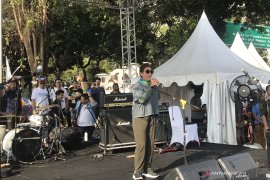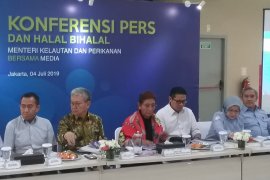The technology will be developed in Morotai Island (in North Maluku) as one of 12 integrated fishery centers (SKPT)."Jakarta (ANTARA News) - Japan plans to develop a deep sea water project in Indonesia to produce renewable energy and electrify remote islands in the country, Maritime and Fisheries Minister Susi Pudjiastuti has said.
"The technology will be developed in Morotai Island (in North Maluku) as one of 12 integrated fishery centers (SKPT)," Susi said here on Friday.
Earlier on Thursday, she said, Japan had offered the deep sea water technology during a meeting in Jakarta to which the ministry had responded positively.
The ministry has launched the SKPT program to attract investment and optimize business potential in the region, Susi said.
Japan has offered to develop renewable energy to electrify small and remote islands in Indonesia, the ministrys Director General of Sea Management Bramantyo Satyamurti Poewardi said.
The technology takes advantage of the temperature difference between the sun-warmed surface water and cold deep water to generate electricity.
The cold deep water could also be used for tuna fish farming, he said, expressing hope that the country will succeed in its efforts to get the technology.
Japan has reportedly intensified its efforts to promote investment in the fishery sector in Indonesia, including a plan to build tuna breeding and fish processing industries in some regions.
Indonesias Investment Coordinating Board (BKPM) has agreed on a commitment with Japans Sumitomo Mitsui Banking Corporation (SMBC) for mutual support in promoting and increasing investment in the country.
With the countrys economic growth at five percent amidst the global slowdown, Indonesia has become an interesting location for investment, BKPM chief Thomas Trikasih Lembong said.
Japans total investment during January to September amounted to US$4.4 billion in 2,122 projects, and has made it the second biggest investor in Indonesia after Singapore, whose total investment is US$7.12 billion.
(Reported by Muhammad Razi Rahman/Uu.S022/INE/KR-BSR/S012)
Editor: Priyambodo RH
Copyright © ANTARA 2016
